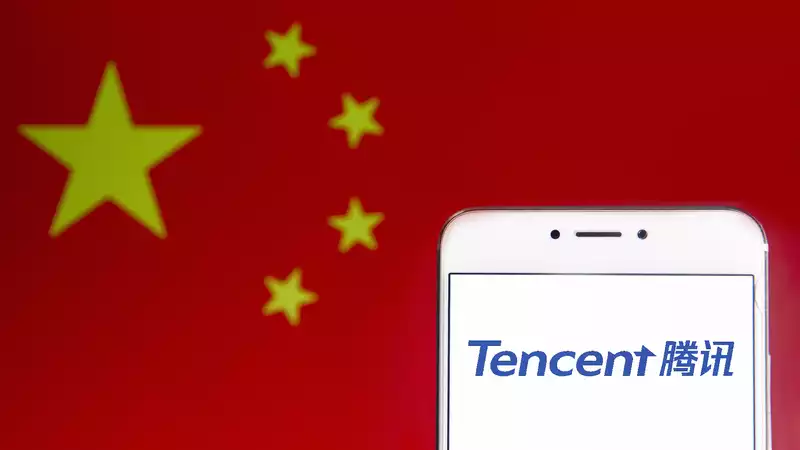Tencent, China's largest tech company, will use facial recognition to limit children's access to games after bedtime. Tencent's new technology, announced in a press release yesterday, will use facial recognition algorithms to ask players to identify themselves in order to continue playing mobile games after 10 pm. This is just the latest step the Chinese company is taking in response (and preemptively) to China's tightening regulations on when and how minors can play games.
For now, the feature is enabled in 60 Tencent mobile games, including Honor of Kings and Game for Peace, but it will be rolled out to more Tencent mobile games over time.
How it works is simple: if a child under 18 tries to play a game after 10 p.m. or before 8 a.m., they must pass an identity and age verification check using their phone's camera. This additional measure is designed to discourage children who easily circumvented previous age restriction methods in order to enforce China's stricter laws on gaming activities.
In 2019, the government agency responsible for regulating China's massive gaming industry announced a series of new restrictions that will require Chinese gaming companies to implement a real-name verification system and limit the amount of time and money children can spend playing. However, because some of the systems designed to enforce these rules could apparently be easily circumvented, Tencent is now using more stringent methods, such as facial recognition, to limit violations.
The Chinese government says these restrictions are intended to curb gaming addiction in China, where both mobile and PC games are hugely popular. At the same time, privacy advocates are concerned that this collected data could be used for more nefarious reasons, such as China's social credit system.
At the same time, it creates a moral dilemma for developers who would have to implement such a system. Over the past few years, Tencent has aggressively expanded its influence in the gaming industry by investing in various companies, including Yager, Epic Games, and Platinum Games.
In 2019, Riot Games was controversially pressured to introduce an addiction policy for the Chinese version of League of Legends. Tencent owns 100% of Riot Games, despite being an American company. However, by building a system used to collect data and monitor the behavior of Chinese players, it raises the thorny question of how American developers can be complicit if that data is used to infringe on players' freedoms.
Interestingly, however, Digital Trends reports that the Chinese version of League of Legends does not yet use this new facial recognition system, but it is likely to be added eventually.
It is also clear that this new facial recognition system is an attempt by Tencent to continue to curry favor with the Chinese government. Despite the fact that China's gaming industry is very large (estimated to reach 781 million gamers and $55 billion in revenue by 2025), it is also very volatile: in 2019, as a result of a review of how China regulates and censors games, a total freeze on the release of new games and that period lasted about nine months. During that time, Tencent estimates that it lost $190 billion in market value.


Comments